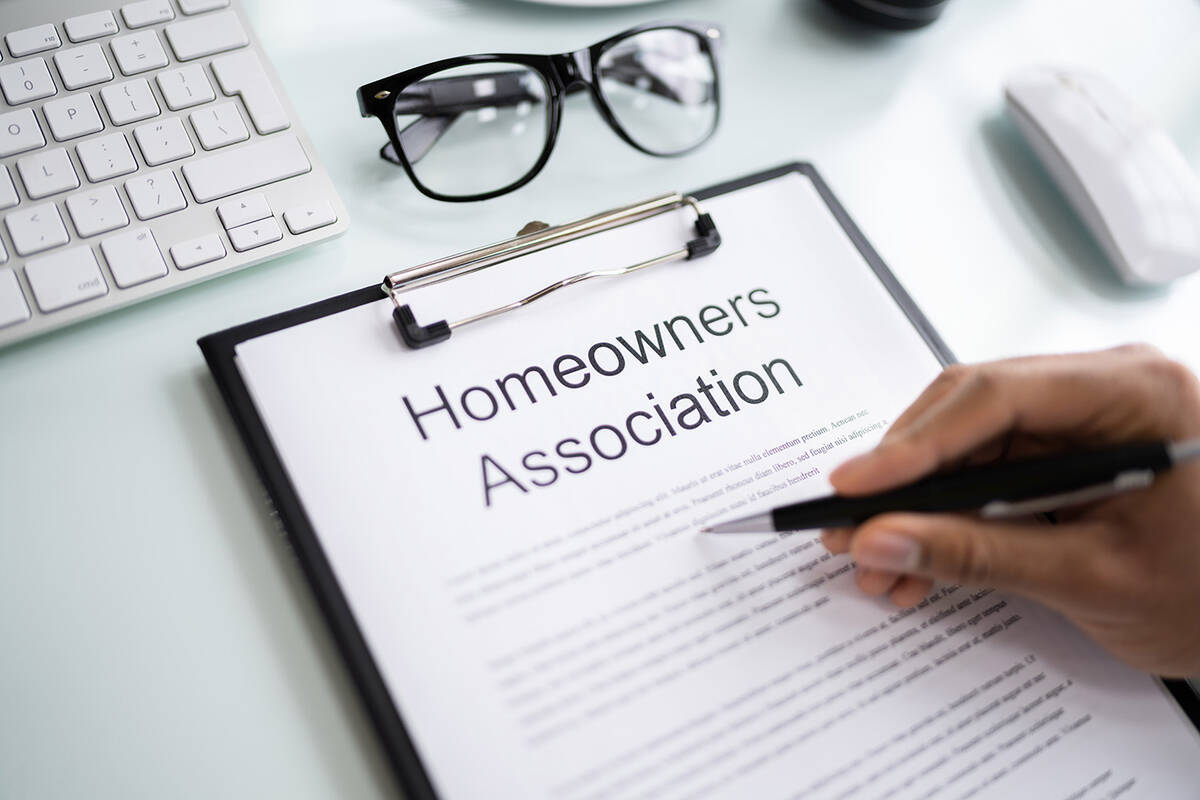Corporate Transparency Act no longer in effect
Note: Again, I turn my column over to Thomas M. Skiba, CAE, CEO of Community Associations Institute. He will address the Corporate Transparency Act, an important issue we continue to follow in this column.
On March 2, the U.S. Treasury Department issued a statement regarding enforcement of the Corporate Transparency Act.
The official notice says: “Not only will it not enforce any penalties or fines associated with the beneficial ownership information reporting rule under the existing regulatory guidelines, but it will further not enforce any penalties or fines against U.S. citizens or domestic reporting companies or their beneficial owners after the forthcoming rule changes take effect either.”
Further, the department said it will be issuing a proposed rulemaking to narrow the scope of the act to foreign reporting companies only. Treasury stated it is taking this step to support hard-working American taxpayers and small businesses and ensure the law is appropriately tailored to advance the public interest.
This recent action is interpreted to mean the Corporate Transparency Act and its reporting requirements are no longer in effect for U.S. citizens or domestic reporting companies, including all applicable community associations.
The proposed rulemaking narrowing the scope of the act to foreign reporting companies is expected later this month. In the meantime, the suspension of enforcement is clear.
Secretary of the Treasury Scott Bessent states this decision is intended to “rein in burdensome regulations, in particular for small businesses that are the backbone of the American economy.”
Over the last two years, CAI and its advocates have urged Congress, the Financial Crimes Enforcement Network, and Treasury to exempt community associations or delay implementation of the act. While CAI supports the worthy goals of preventing money laundering and funding schemes for terrorist activity, the Act’s requirements is not good public policy for community associations. CAI believes community associations were unintentionally caught up in the law intended to combat terrorist activity.
CAI also filed a federal lawsuit last year against former U.S. Department of the Treasury Secretary Janet Yellen and the director of FinCEN challenging the application of the act on community associations. The suit sought to protect CAI members from the burdensome and unnecessary requirements of the act. The CAI legal team is considering next steps in the lawsuit including the option of dismissal. We will keep members informed on the status of the lawsuit.
We thank the many CAI advocates who contacted their members of Congress to express their opposition to the act’s reporting requirements for community associations. Your voices were heard!
As this is an ongoing situation, CAI will continue to monitor the situation. Please watch for additional confirmation of the suspension from Treasury by visiting caionline.org/cta.
Barbara Holland, CPM, CMCA and IREM chapter president-elect, is an author, educator and expert witness on real estate issues pertaining to management and brokerage. Questions may be sent to holland744o@gmail.com.

















